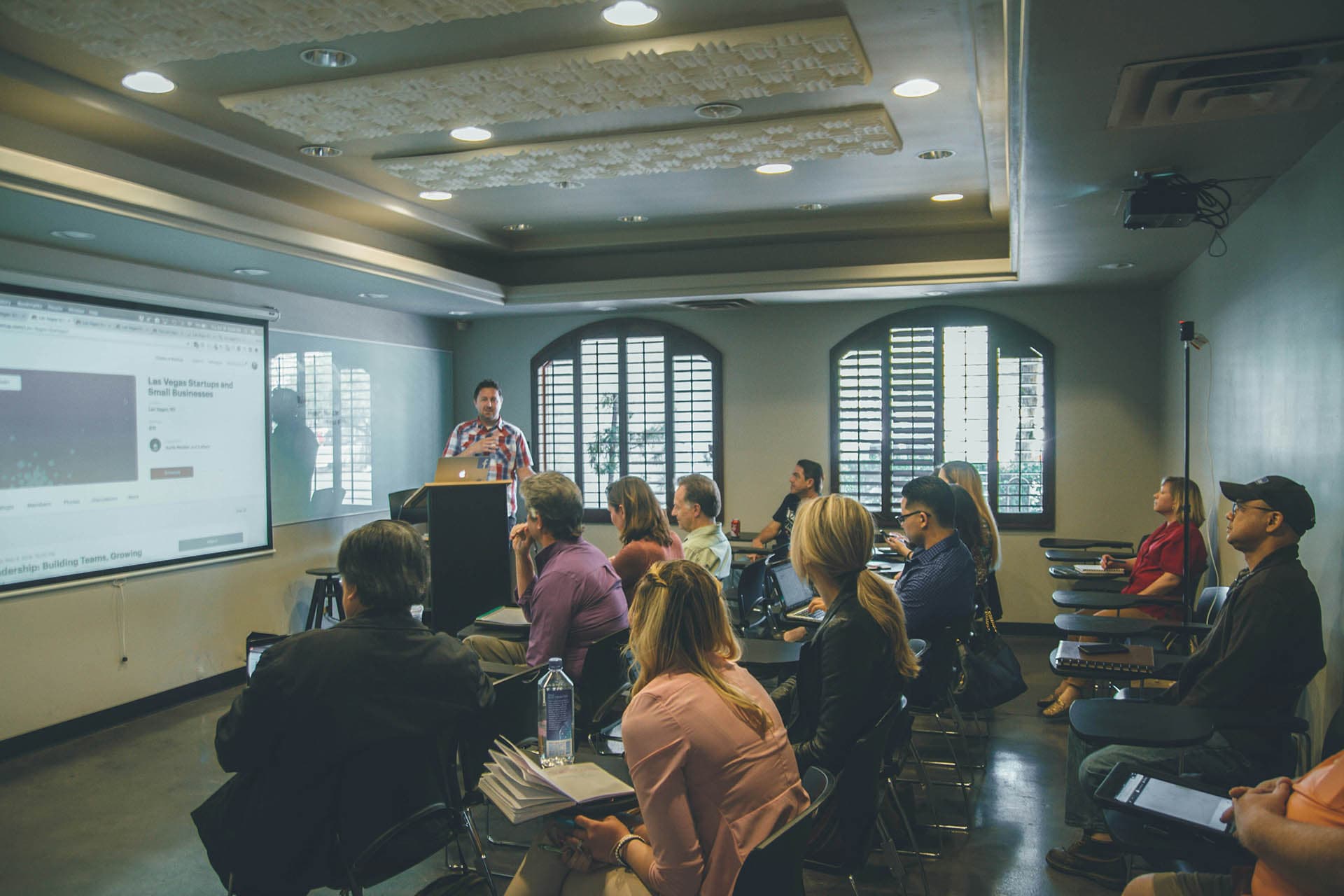Neurodiversity is complex and interconnected with many other conditions affecting how individuals perceive and engage with the world. It is more common than we think for 2 or more conditions to coexist, such as ADHD and learning disabilities (LD), creating a unique set of challenges and superpowers for the individual.
Alongside this complex interplay runs a difficult path to assessment, diagnosis, and treatment, but one that with acceptance, really can be a person’s superpower. This article aims to look at the intricate relationship between ADHD and learning disabilities, how they can impact daily life, and how to manage if you think you or your child may have one or either of these conditions.
What Defines a Learning Disability?
Learning disabilities refer to a range of neurological conditions that impact a person's ability to acquire, process, and retain information. These disabilities can affect various areas such as reading, writing, maths, or even executive functions like memory and organisation. Learning disabilities do not reflect your or your child’s intelligence in any way and without a doubt come with strengths those without learning disabilities do not process. Individuals with learning disabilities often have average or above-average intelligence but have a discrepancy between their achievements and potential, however, with the right support and interventions, this gap can be closed.
Some examples of learning disabilities are:
Dyspraxia – difficulties with motor skills.
Dyslexia – difficulties with language processing, reading, writing, speaking, and understanding words.
Dyscalculia – difficulty with numbers and reasoning.
Dysphasia/ Aphasia – difficulty with speech and language.
Dysgraphia – difficulty with writing due to memory, vocabulary, spelling, and grammar problems.
Auditory Processing Disorder – misinterpretation of auditory information within the brain, making it difficult to process sounds.
Visual Processing Disorder – misinterpretation of visual information within the brain.
Is ADHD Classed as a Learning Disability?
In short no, ADHD is not classed as a learning disability. ADHD reduces a person's executive function, which can affect learning in several ways, both positive and negative. It can be extremely difficult for someone with ADHD to pay attention and sit still in class, remain on task and focused, and they may be unable to pay attention to detail and engage in impulsive behaviours. These factors can play a huge part in a person’s ability to learn in a stereotypical setting, but it is also important to note that ADHD can make learning a positive experience. Some people with ADHD can hyperfocus, which allows them to focus very intensely for long periods on a particular topic that is of interest to them.
What is the Impact of Having ADHD and a Learning Disability?
Many people with ADHD can struggle with learning and schoolwork due to their executive function problems, yet they do not have enough of an impairment to be diagnosed with a learning disability. So, the ability to focus, pay attention, engage and use working memory is what makes learning difficult but when a person has a co-existing condition such as ADHD and a learning disability, it means they have a broader impairment of executive functions combined with the impairment of skills needed for reading, writing, and math.
There is evidence to suggest that children with ADHD are also more likely to have a learning disability, and those with a learning disability are also more likely to have ADHD. Learning disabilities are often discovered in the classroom but their effects extend to family relationships and home life, including deep self-esteem issues. Alongside the general assumption that someone with learning difficulties is not smart, having ADHD also causes difficulty with conforming to neurotypical expectations in school and the workplace. Children often feel they cannot perform tasks other children can perform easily and feel isolated as a result.
Diagnosing and Treating ADHD and Learning Disabilities.
It can become very difficult to recognise a certain condition when an individual has more than one, as the second condition can mask the first. For example, having an ADHD diagnosis can easily point all challenges toward this diagnosis, which can halt the individual from digging deeper into other issues they may have.
Both ADHD and learning difficulties present differently from person to person, which can make recognising their traits even harder and unfortunately, medical professionals do not have a definitive checklist to diagnose. One thing that can work in favour however is the strong genetic component both with ADHD and learning difficulties. If you or your partner have ADHD or learning disabilities, there is a high chance that your children will have one or both too.
Gaining a Diagnosis.
Having more than one condition can mean that more than one specialist will need to assess you, depending on their qualifications and area of expertise. Below is a list of specialists and what they can diagnose:
Clinical Psychologist – can evaluate for both ADHD and LD.
Neuropsychologist – can evaluate for both ADHD and LD.
Child Psychiatrist – can evaluate for ADHD but not LD.
School Psychologist – within a school setting they evaluate for LD but not ADHD. If seen privately outside of school, they may be able to evaluate for and diagnose ADHD.
Educational Psychologist – can evaluate for LD and dependent on their training, for ADHD also.
Gaining Treatment.
It is important that if you or your child has ADHD and a learning disability, treatment is carried out for both. Taking ADHD medication or receiving therapy and receiving support and assistance for learning disabilities can drastically improve learning outcomes.
Increasing education about ADHD and learning disabilities for educators and caregivers is a step in the right direction so that they can provide the right support to their pupils. Some people find that taking medication for their ADHD helps them to focus more and reduces the effects of their learning disability and others find that talking to a professional helps, particularly one with a lived experience of ADHD and a learning disability. It is also important to try different strategies to manage your symptoms, such as planners, drawing diagrams, etc. to help plan, organise, and learn more effectively.
Navigate the Complexities with the Help of a Private ADHD Clinic in Manchester.
Dealing with ADHD and a learning disability is undeniably tough, and although great strengths are had from these types of conditions, dealing with the challenges can understandably have a big impact. However, there is valuable help and advice out there. If you are undiagnosed and think you may have ADHD alongside a learning disability, Beyond, a private ADHD clinic in Manchester can provide you with specialists in learning disabilities and ADHD assessment and diagnosis.
At Beyond, our clinical team has extensive experience and expertise in ADHD assessment and diagnosis in adults and children and our comprehensive pathway can be achieved in just 4 weeks, or at a pace that suits you.
If you suspect you or your child has ADHD and a learning disability, then don’t hesitate to reach out to us, a specialist and private ADHD clinic in Manchester, and start your journey today.
Sources-



